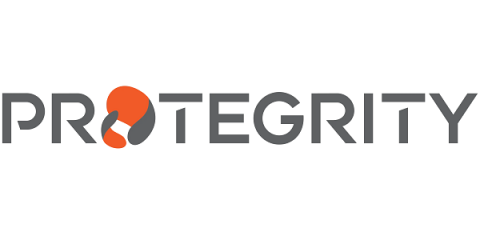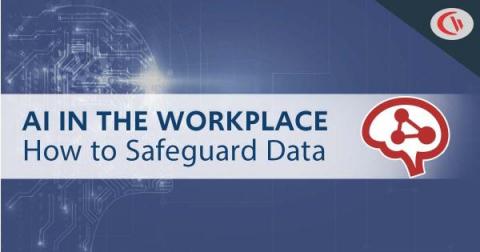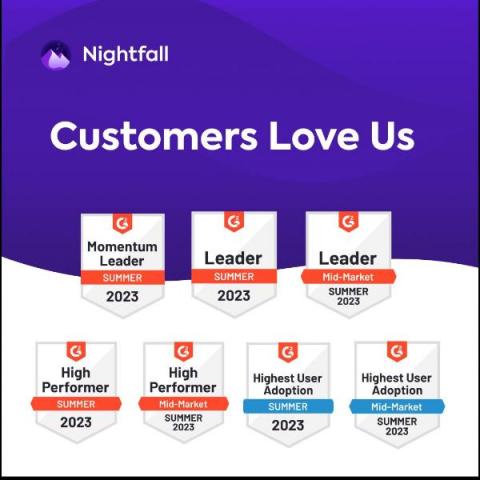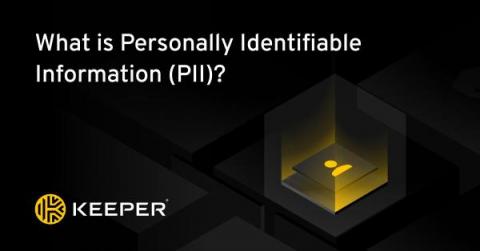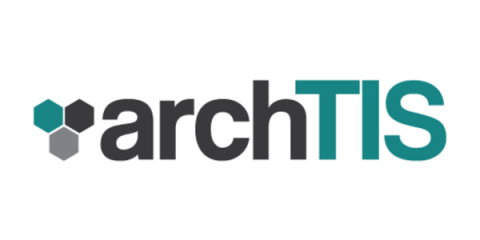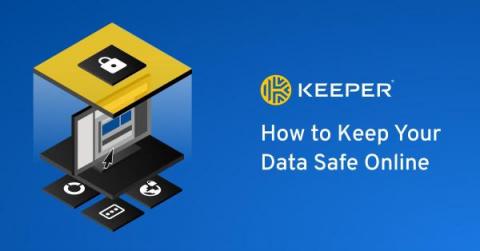Security | Threat Detection | Cyberattacks | DevSecOps | Compliance
Latest News
Protegrity for Snowflake: Cross-Border Data Movement Made Easy
Organizations must constantly adapt to the challenges of maintaining compliance while handling data. Nowhere is that more apparent than cross-border data protection, which allows data to be and remain protected across jurisdictions, states, counties, and countries with the right data security tools. According to the United Nations, 137 of 197 of its members have data and privacy legislation in place.
The Cybersecurity Risks of AI & How to Safeguard Sensitive Data
Experts in the cybersecurity industry are becoming increasingly concerned about artificial intelligence attacks. A 2020 report from Forrester Consulting found that 88% of decision-makers in the security industry believed offensive AI was on the horizon, and almost two-thirds of them expected AI to lead new attacks.
Nightfall Named As A Leader in Data Security by G2 - Summer '23
We're excited to share that Nightfall has been named as a Leader in Data Security in G2's Summer '23 rankings. Huge thank you to our customers and supporters who made this possible, and to our dedicated team who works so hard to keep their cloud data safe. This year has been busy, with the release of our Zendesk Integration, which provides market-leading AI-powered DLP to the most widely used customer support platform.
What Is Personally Identifiable Information (PII)?
Personally Identifiable Information (PII) is any data that can identify a specific individual. Data like your Social Security number allows you to open credit cards, get a loan and more. It’s also data that is vital to keep secure in order to protect your identity and assets. Read on to learn more about what types of information qualify as personally identifiable information and how to protect it from cybercriminals.
New Integration Between NC Protect and Janusseal Offers Robust Classification and Dynamic Data Protection for Customers
How to Keep Your Data Safe Online
There are risks associated with providing your confidential information online, but it’s necessary in a modern world that requires Personally Identifiable Information (PII) to create accounts, purchase goods online, complete your taxes or receive a paycheck. Your data could become vulnerable through no fault of your own. Data breaches are common, and your account information could get leaked. If your data is intercepted by threat actors, it could be sold to cybercriminals on the dark web.
Explainer: Data Governance & You
Welcome to the era of data domination! Every day, 2.5 quintillion bytes of data flood the digital landscape, estimates Forbes, with a whopping 90% of data created in just the last two years. While this growth presents many opportunities for organizations, it also introduces many challenges. That’s where data governance comes in. It’s a critical practice for businesses trying to navigate data management and data security.
As seen in Defence Connect: Managing information security risk to compete for AUKUS business
Frequently Asked Questions on the 2023 EU General Court's Pseudonymised Data Ruling
In 2023, the EU General Court overruled the European Data Protection Supervisor and ruled that pseudonymized data will not be classified as personal data under the of EU data protection law when transferred to a recipient who is unable to identify individuals. Businesses are now taking a closer look at their data anonymization processes, as well as the opportunities this new ruling may offer when transferring and accessing data across borders..



